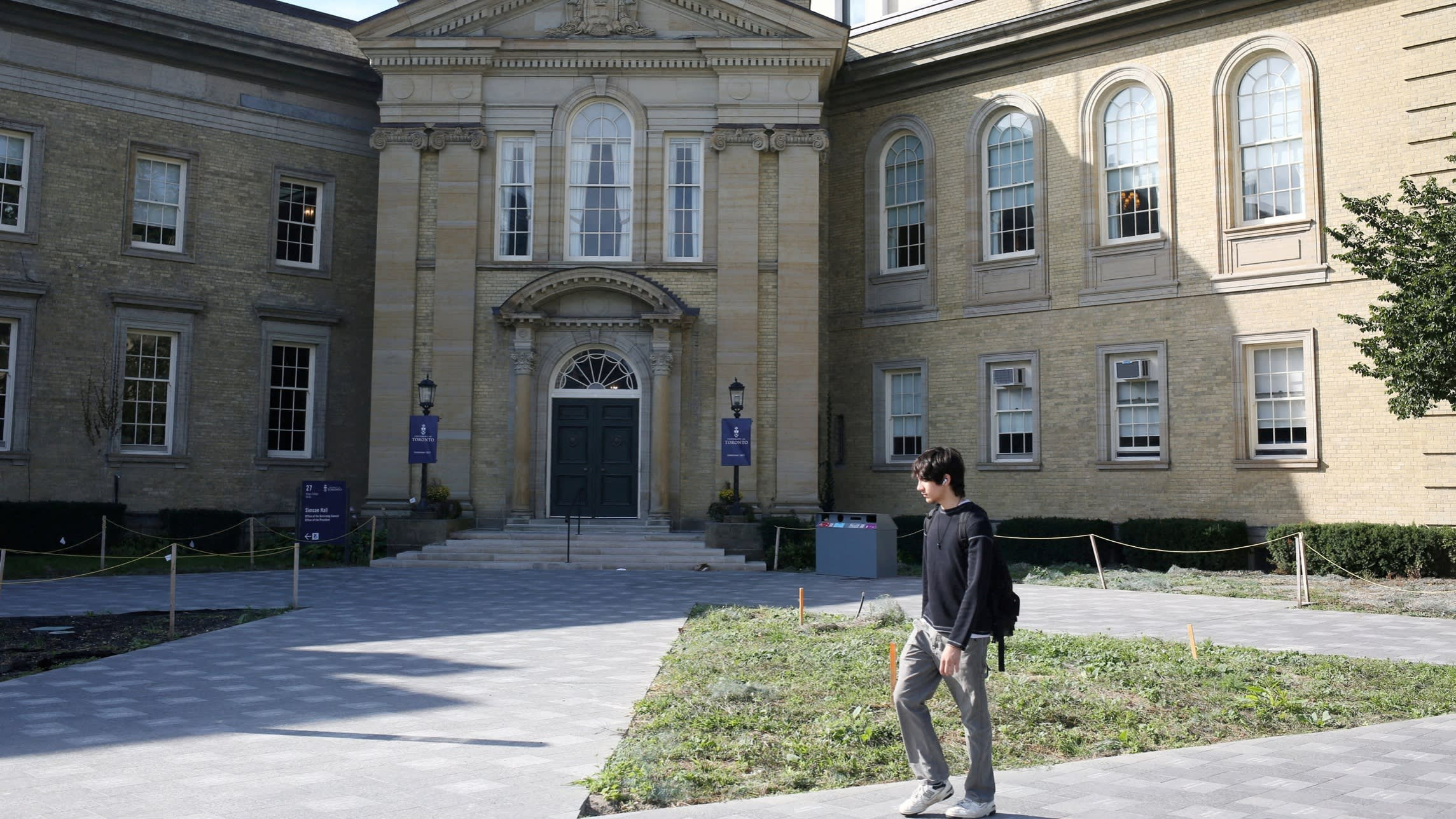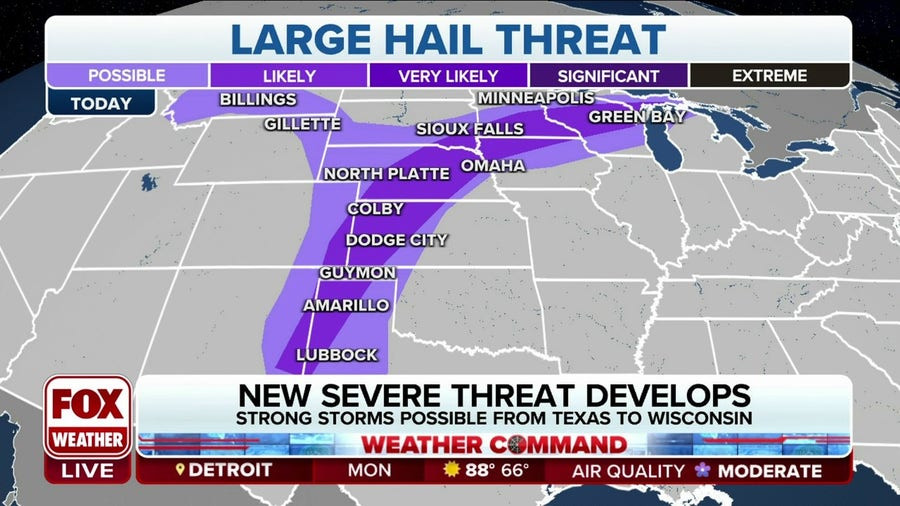The federal government will be further limiting the number of international students permitted to enter Canada next year. It’s the government’s latest immigration-related measure to address Canadians’ ongoing housing and affordability concerns.
In 2025, new international student study permits will be reduced by 10 per cent from the 2024 target of 485,000. That will mean 437,000 permits issued next year, with that same target continuing into 2026.
“The international student cap is here to stay,” Immigration Minister Marc Miller told reporters on Wednesday.
In January, Miller first announced a temporary two-year cap on international students to reduce levels by 35 per cent this year. Next year’s number will go down by another 10 per cent.
“I would say that the measures that we've taken up to now are working,” Miller said. “You have seen more than anecdotal evidence that there has been an impact on certain rental markets where students are more prevalent.”
Impact on Universities and Students
The cap is national with each province assigned to its own quotas based on its population. Miller has previously called the international student system “out of control,” citing examples of abuse from some post-secondary institutions.
But Universities Canada has criticized the federal government’s cap, saying enrolment of international students has dropped by at least 45 per cent from last year, below the intended 35 per cent cut in study permits announced earlier this year.
Miller acknowledged the impact the cap is having on universities but said “they need to adjust their recruitment practices.”
“This is a turbulent year for post-secondary institutions,” Miller said. “I certainly acknowledge that the turbulence is something I think we need to deal with, and what they want is predictability.”
The cap is designed to address the concerns about the increasing burden international students place on Canada’s housing market. However, the move has also faced criticism for its potential impact on universities and the economy. The University of Toronto, for example, has warned that the cap could lead to a decline in research funding and innovation.
Changes to Work Permits and Immigration Levels
The federal government also announced Wednesday that it’s limiting work permits to spouses of master’s degree students to only those whose program is at least 16 months long, and to spouses of foreign workers in certain sectors with labour shortages. Changes will also be coming this fall to the post-graduation work permit program to align immigration goals and labour market needs.
The federal government has also signalled changes could be coming this fall to permanent resident levels.
In an interview with CTV News back in August, Miller said any upcoming changes to permanent resident levels will not be “cosmetic” but “significant.”
What’s Next for Immigration Policy
Ottawa’s updated immigration levels plan for 2025 to 2027 will be unveiled this November. The government’s announcement on international students comes as Canada faces a growing housing crisis. The country has been struggling to keep up with the demand for housing, particularly in major cities, which has led to rising rents and home prices. This has been further exacerbated by the influx of new immigrants, including international students, who are competing for limited housing options.
The government’s decision to reduce the number of international students is part of a broader effort to address the housing crisis. However, the move has also faced criticism for its potential impact on universities and the economy. Critics argue that the cap could hurt Canada’s reputation as a welcoming destination for students and researchers, and could ultimately lead to a decline in innovation and economic growth.
The government’s decision to reduce the number of international students is a complex issue with far-reaching implications. Only time will tell how this new policy will impact Canada’s universities, students, and the economy.
Beyond the Headlines
While the government’s decision to reduce the number of international students has grabbed headlines, it’s important to remember that this is just one part of a broader immigration policy. The government is also looking at ways to improve the efficiency of the immigration system and to attract more skilled workers to Canada. These changes are part of the government’s efforts to ensure that Canada’s immigration system is sustainable and meets the needs of the country’s economy.
The decision to reduce the number of international students is a controversial one, but it’s important to remember that the government is facing a number of challenges, including a housing crisis and a need to attract more skilled workers to Canada. These challenges are not unique to Canada, but they are especially acute in a country that relies heavily on immigration to fuel its economy.
The government’s decision is a sign of the times. It reflects the growing pressure that governments around the world are facing to manage immigration in a way that is sustainable and meets the needs of their citizens.
















